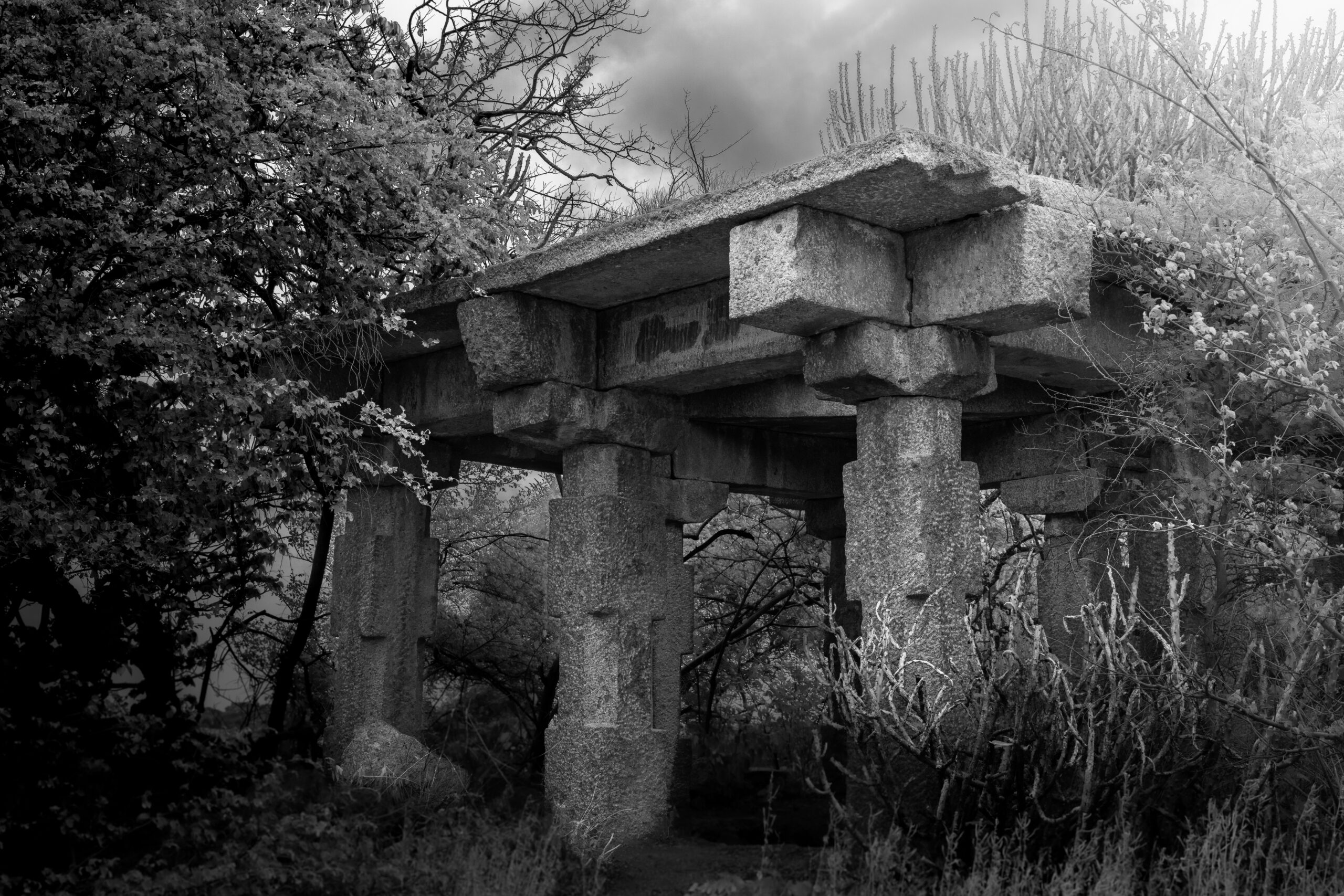Story 1 – Myriad exploration series

The idea of an abandoned Earth stirs a blend of fascination and melancholy. Once teeming with human activity, the planet, now silent and still, presents a paradoxical portrait of serenity amidst the remnants of civilization. This essay explores the notion of serenity in the seclusion of an abandoned Earth, examining how the absence of humanity could lead to a newfound harmony in nature, the haunting beauty of deserted landscapes, and the potential for a philosophical reflection on humanity’s impact on the planet.
In the seclusion of an abandoned Earth, nature would gradually reclaim its territory. Without human interference, ecosystems would have the opportunity to restore themselves to their natural states. Forests would expand, wildlife would flourish, and the air and water would become purer. The symphony of birdsong, the rustle of leaves in the wind, and the gentle flow of rivers would replace the cacophony of urban noise, creating an atmosphere of profound tranquility.

The revival of nature would also lead to the reestablishment of ecological balance. Predators and prey would return to their rightful places in the food chain, and plant species would grow without the disruption of human agriculture. The Earth, in its seclusion, would exhibit an equilibrium that has been long lost due to human activity. This natural harmony would be a testament to the resilience of the planet, showcasing its ability to heal and thrive in the absence of human presence.
The abandoned remnants of human civilization would stand as silent witnesses to a bygone era. Skyscrapers overtaken by ivy, crumbling roads lined with wildflowers, and empty cities slowly eroded by time and weather would create a hauntingly beautiful tableau. These landscapes, devoid of their former hustle and bustle, would evoke a sense of peace and introspection.

The seclusion of an abandoned Earth would prompt deep philosophical reflection on humanity’s role and impact on the planet. Without the constant distraction of daily life, the solitude would encourage introspection and contemplation. The emptiness would serve as a canvas for pondering existential questions about the meaning of progress, the consequences of technological advancement, and the sustainability of human lifestyles.
In this context, serenity would not only be found in the physical environment but also in the mind. The absence of societal pressures and the simplicity of an untouched world would allow for a clearer understanding of what truly matters. The seclusion of an abandoned Earth would act as a mirror, reflecting the follies and wisdom of humanity’s past actions.

The serenity of an abandoned Earth lies in its seclusion, where nature’s reclamation, the haunting beauty of deserted landscapes, and the opportunity for philosophical reflection converge. This serene yet somber vision serves as a reminder of the delicate balance between human activity and the natural world. It prompts us to consider the legacy we leave behind and the importance of living in harmony with our environment. In the quiet solitude of an Earth without humans, we might find the serenity that eludes us in our bustling lives, offering a profound perspective on our place in the cosmos.
Be alone, that is the secret of invention; be alone, that is when ideas are born.
Nikola Tesla
